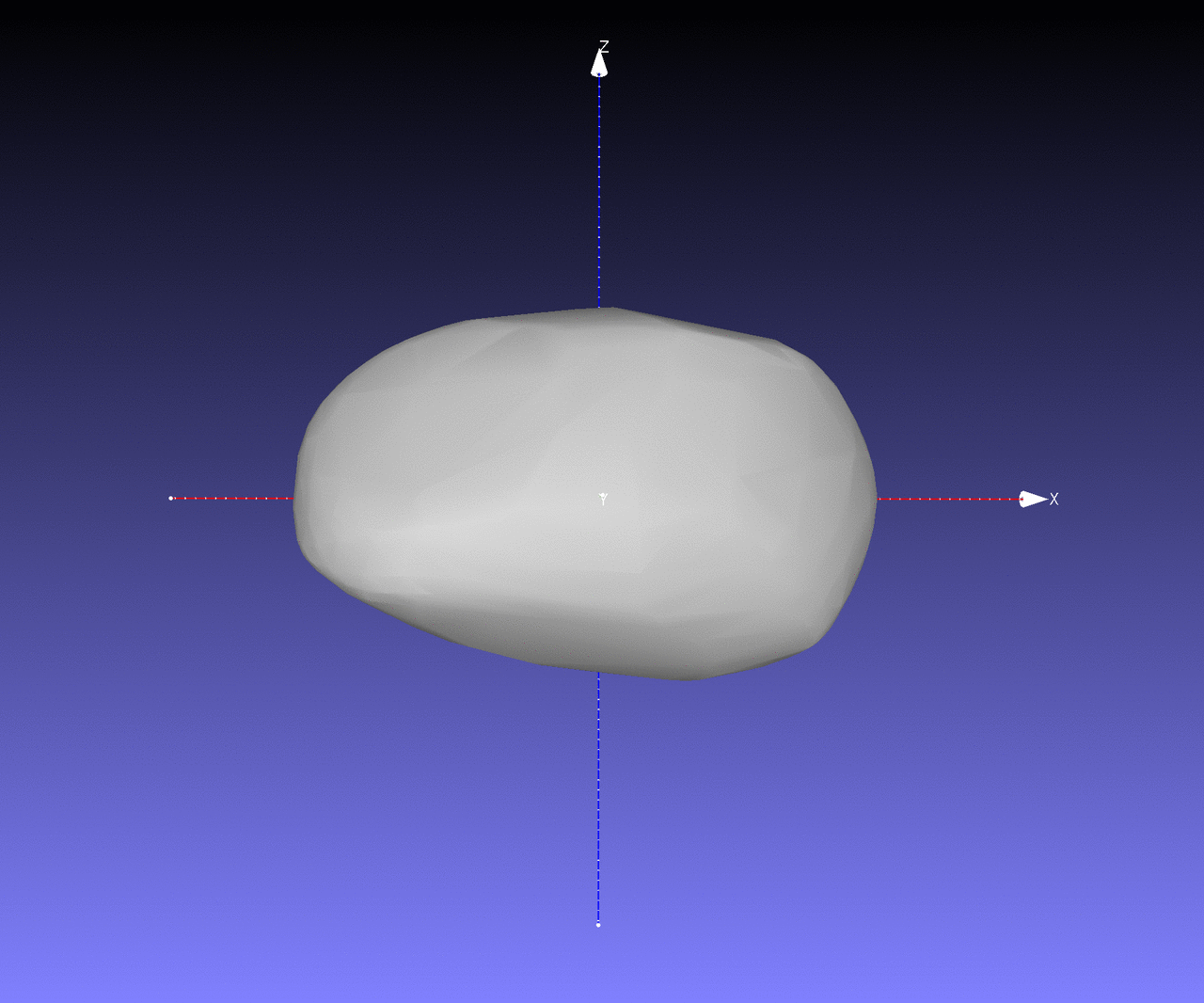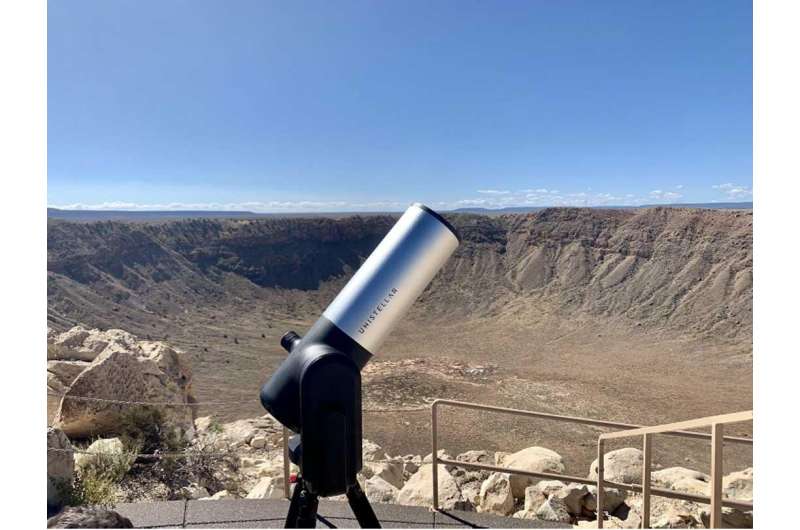Citizen astronomers around the globe partner for world-record research on a near-Earth asteroid

The world's first planetary defense team staffed by citizen astronomers has completed its first research mission: Detect and model a Near-Earth Asteroid, for only the 69th time in history. To honor the achievement, space-lovers from around the planet have a chance to give the asteroid a nickname.
Twenty-six backyard astronomers achieved a world-first by detecting and modeling a little-known Near-Earth Asteroid (NEA), 1999 AP10. Operating their Unistellar eVscopes from Austria, Cyprus, Finland, France, Switzerland, the United Kingdom and the United States of America, these citizen astronomers obtained decisive information about a potentially harmful solar system body.
"The Unistellar network of citizen astronomers accomplished something that professional astronomers have rarely done before. This proves the potential for meaningful Planetary Defense work to be conducted by everyday citizens who share a passion for space," said Franck Marchis, senior astronomer at the SETI Institute and Chief Scientific Officer of Unistellar. "Continuous observations of Near-Earth Asteroids when they are close to Earth are critical to understand them and potentially mitigate their risk to our planet."
This collaboration represents the world's largest-ever citizen astronomy planetary defense research campaign, with 26 citizen astronomers located in seven countries successfully gathering valuable astronomical data. Researchers will present the results will be presented at the American Geophysical Union Fall Meeting.

Unistellar & SETI Institute Partner to Generate a Shape Model
Citizen astronomers observed 1999 AP10 in October and November of 2020 after being alerted by the SETI Institute team of researchers. The team used Unistellar eVscopes, a smart telescope that reveals the cosmos quickly and easily, to conduct the research. Thanks to a scientific partnership with the SETI Institute, citizen astronomers can contribute to cutting-edge research on exoplanet transits, asteroid occultations, comets, and much more with their eVscope.
This worldwide effort led to a better understanding of this still-mysterious body. Even though 1999 AP10 is one of 20,000 known Near-Earth Asteroids, only 1,250 have a size estimate and, among these, only 68 have a shape estimate. Thanks to the collected information, Joseph Durech, from Charles University in Prague, generated a shape model, making 1999 AP10 the 69th Near-Earth Asteroid to be shaped.
"Thanks to the Unistellar App and revolutionary eVscope, amateur astronomers and the science-curious can, for the first time, not only enjoy the wonders of deep-sky observations, but also participate in important and impactful science," said Bill Diamond, CEO of the SETI Institute. "The ability to essentially network observations from individuals all over the world and contribute important knowledge and insights on NEOs for planetary defense is unparalleled in amateur astronomy. We are thrilled to be part of this transformative and important campaign" said Diamond.
Because Every Potential Threat to Life On Earth Needs a Good Name
NEA 1999 AP10 won't be this close to the Earth again for another 11 years when Unistellar hopes to study it further but under a friendlier name. On Dec. 6, Unistellar launched a "Nickname the Asteroid" contest, giving space-lovers worldwide their chance to leave a small-but-cosmic scientific legacy.
"The Nickname the Asteroid contest is part of Citizen Astronomy Month, which celebrates the democratization of astronomy, with a special focus on allowing people to take part in the live adventure of astronomy," said Laurent Marfisi, Chief Executive Officer at Unistellar. "While Unistellar's advanced technology and partnership with the SETI Institute enables all eVscope users to contribute valuable astronomical research and participate in the process of scientific discovery, during Citizen Astronomy Month, we want to extend that participative philosophy to broader audiences and invite all space lovers to join and make their mark on science."
Provided by SETI Institute





















